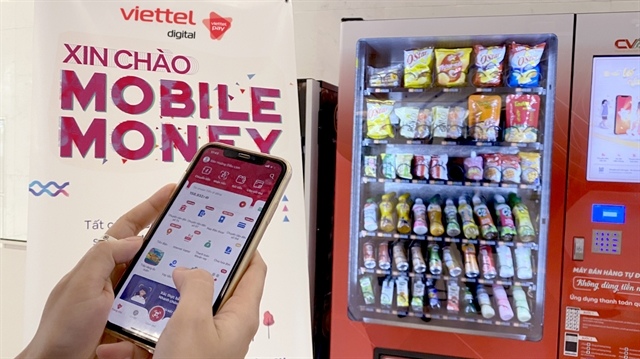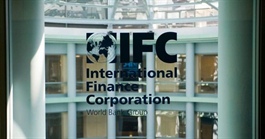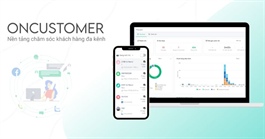Over 800,000 users of Mobile Money reported in three months
Over 800,000 users of Mobile Money reported in three months
As of the end of the first quarter, the number of service providers accepting payments through Mobile Money was 11,254, which settled around 7.5 million transactions for a total of VND280 billion (US$12.23 million).
The number of users of Mobile Money, Vietnam’s direct carrier billing service, reached 835,000 after three months, with the majority in rural and remote areas, according to a report from the Ministry of Information and Communications (MIC).

Mobile Money is seen among the key solutions for Vietnam to push for non-cash payments. Source: Viettel |
The report noted out of the total registered accounts, roughly 99.8% of the total or 834,376 have completed at least one transaction.
At present, the user of Mobile Money could transfer money through cellphone accounts and without an internet connection, instead of having a bank account.
The MIC expects such a service would help locals in less backward and unbanked areas to make payments.
The ministry’s report estimated the number of Mobile Money users in rural, highlands, and remote areas in Vietnam at 487,000, or 58.3% of the total.
However, while all 63 provinces/cities have had Mobile Money service points, only 20%, or 537 of the 2,642 are in the rural areas.
The MIC noted the result has been promising given Mobile Money is in the early stage of implementation, contributing to the Government’s efforts of promoting non-cash payment in Vietnam and subsequently greater access to financial services for the public.
By late 2021, Vietnam has a total of 122 million phone subscribers, as such, the number of Mobile Money users was less than 0.7% of the total.
Mobile Money service is being provided by Vietnam’s major mobile carriers, namely Viettel, VNPT, and MobiFone in a pilot scheme launched last November.
This is seen among key solutions for Vietnam to push for non-cash payment, promote e-commerce, and online public services towards a comprehensive transformation into a digital society, for which the adoption of the new service is estimated to boost economic growth by 0.5 percentage points.
To achieve the goal of becoming a cashless society, the government targeted to reduce cash payments from 11.3% in 2019 to less than 10% by the end of this year, and 8% by 2025.
|
Vietnam scored 74.7 out of 100 in the Mobile Money Regulatory Index (MMRI), an interactive regulatory tool for the assessment of the effectiveness of mobile money regulatory frameworks from the Global System for Mobile Communications (GSMA). The assessment is based on six factors, including authorization, consumer protection, transaction limits, know-your-customer (KYC), agent networks, and investment and infrastructure environment. The country scored the maximum points in authorization and transaction limits, 80 in consumer protection, 63 in investment and infrastructure environment, 52 in KYC, and 24 in agent networks. |




















